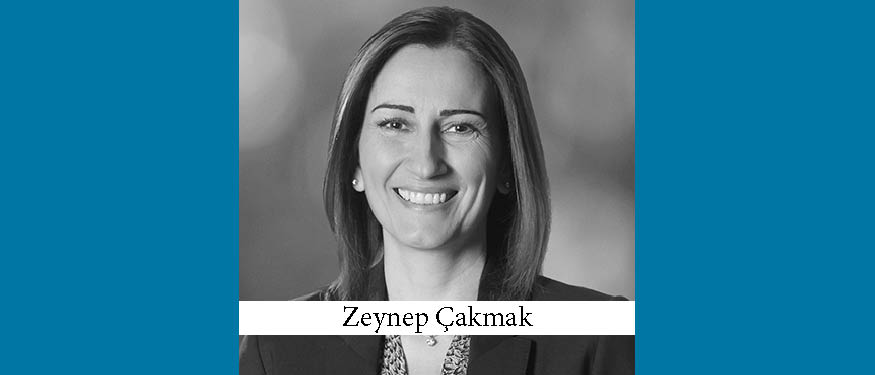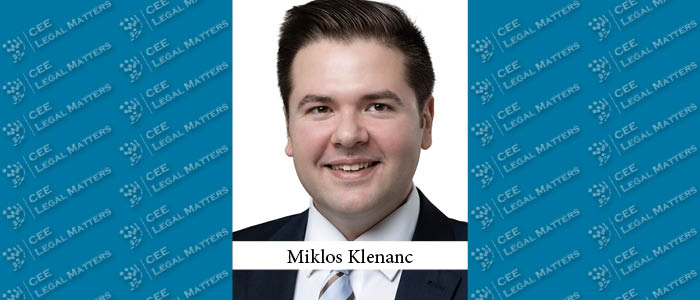Zeynep Cakmak, the Managing Partner of Turkey's Cakmak-Gokce Avukatlik Burosu, sighs when she’s asked if there are any important developments in Turkey at the moment. “I would hope the answer is no,” she says, “but it’s yes. There are so many hot topics in Turkey at the moment.”
“The first,” Cakmak says, “is the impact on business of all the terrorist attacks — with the January 1st attack at the Reina nightclub in Istanbul which killed dozens of people being the most recent and dramatic — starting with people not wanting to come to Turkey.” Cakmak reports that almost all meetings with foreign clients are often be held outside of Turkey, now, due to a general reluctance to visit the country. “This is not contributing to investment,” she says, reporting hyper-caution across the board.
“The economy, in parallel, is not going in the right direction,” according to Cakmak. The exchange rate got very close to 4 lira to the dollar before backing off a bit the past few weeks, she reports, calling that “very high.” According to Cakmak, “this has an inevitable impact on foreign denominated loans and intra-bank loans.” Interest rates remain low, she says, despite pressure to raise them. According to Cakmak, this presents "a real dilemma," as raising them risks turning off potential borrowers, while keeping them artificially low in these circumstances brings consequences of its own.
In addition, Cakmak reports, the major rating agencies, Fitch, S&P, and Moody’s have downgraded Turkey’s credit ratings over the last four months.
Finally, she says, the planned Constitutional Reform is a source of some controversy as well, as on February 10 President Erdogan signed a constitutional reform bill passed by Turkey’s parliament approving a new constitution to create an executive presidency. The changes would enable the president to issue decrees, declare emergency rule, appoint President secretaries to replace ministers and top state officials, and dissolve parliament - amendments that opposition parties say strip away balances to the president’s current powers. A referendum on the bill is tentatively planned for April 16. Cakmak says she’s not sure how it will affect investment, as some believe it will reassure foreign investors of the country’s stability, while others are concerned it will do just the opposite.
The unfortunate affect of this turmoil on the commercial law firm market, Cakmak reports, is inevitable. She reports seeing firms across the market pursue “two types of strategies to align ourselves themselves with the market: One is layoffs and one is adjusting salaries.” These steps “are not just about cost-cutting,” she reports, “but an attempt to regain control of a fluid situation.” Both have already started, she reports, and it’s a difficult time for lawyers to find new jobs. On the other hand, she notes, this represents beginning of a new era for the law firms; those who manage the situation well now will gain a very good position in the future when things start picking up again.
Cakmak insists not all is gloomy, of course. “I don’t want to sound too pessimistic,” she says. “Turkey is still a dynamic market, and the foreigners who come here still say it’s like nothing has happened. Life goes on, people are still trying to do business, major projects are not put on hold, government is applying measures to keep momentum of economy an investment environment and thus people still have hope.” The country’s turbulent history provides grounds for optimism, she believes. “Because we’re used to it — we’re immune to the shock.” Indeed, she says, “some new businesses are coming in, and there’s Project Finance work, some interest in Renewables, and PPP/Infrastructure projects in the pipeline.”
“It’s not like things have stopped, no one gives up” Cakmak concludes. "This is the unique character of this country, which is also the source of its power.”


























